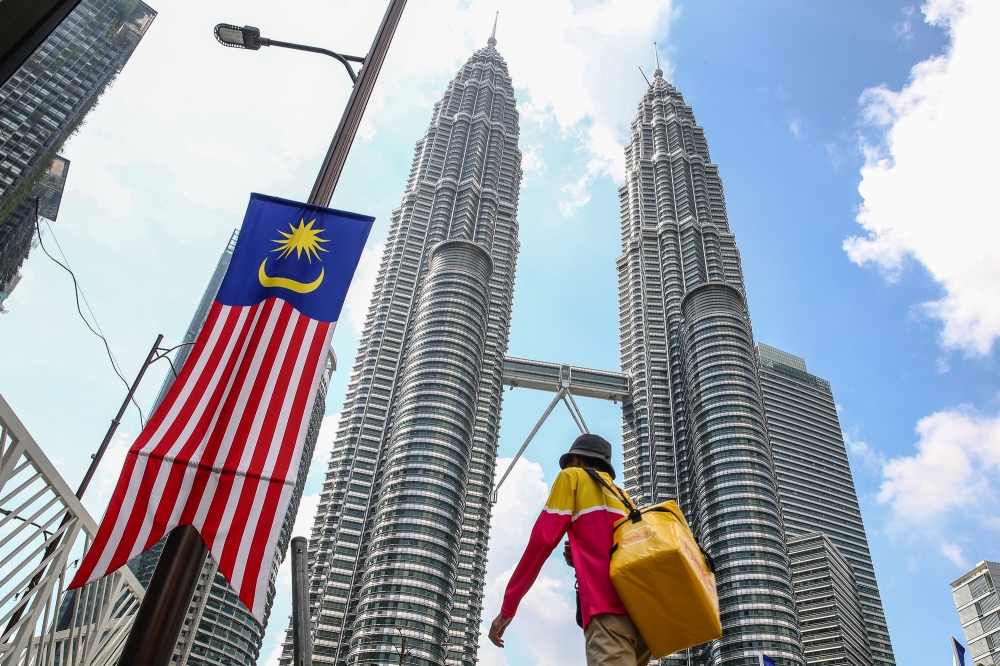SEPTEMBER 16 ― Anyone who has leafed through the annals of history knows that Iraq and Afghanistan once embodied the pillars of civilisation, culture, prosperity, and knowledge. Millennia later, they present cautionary tales of desolation and conflict, their illustrious past considerably shrouded.
In ancient Babylon, Baghdad's predecessor, civilisation blossomed. The Code of Hammurabi, the world's oldest legal code, was inscribed. Meanwhile, Afghanistan once cradled the trade crossroad of the Silk Road, merging Eastern and Western civilisations. It championed religious, cultural, and scientific discourse, attracting scholars worldwide.
Fast forward to the 20th century before their acknowledged decline. Iraq and Afghanistan, still rich reservoirs of culture and intellect, had exemplary education systems.
Baghdad University was globally reputable for scientific research, encapsulating an education pinnacle.
In Afghanistan, Kabul University's liberalism was envy for many developing countries. Economically, Iraq's oil wealth could have assured its ascension, while Afghanistan sustained itself on agriculture.
The cultural sphere was equally effulgent. Iraq, renowned for its poets, writers, and painters, was Unesco’s 1987 Islamic culture capital.
Simultaneously, Afghanistan was a cultural tapestry, fusing tribal, Islamic, and Persian traditions harmoniously.
And yet, political instability, recurrent wars, and foreign intervention triggered their collective descents into seemingly irrevocable chaos. The irony runs thick ― lands that once birthed prosperity and wisdom, now recognised for adversity and disenchantment.
The lessons for today's societies are evident but frequently overlooked. Our focus on Iraq and Afghanistan's current struggles blinds us, ignominiously.
We forget to extrapolate insights from their opulent histories, all while treading an alarmingly similar path.
From Venezuela to Sudan, nations face political turmoil, economic collapse, and cultural erosion, much like Baghdad and Afghanistan.
Often, underlying factors like increasing religious extremism and racial polarisation, political corruption, and a disregard for education are culpable ― plagues not unfamiliar to Malaysia itself.

Despite Malaysia's technocratic advancements and economic growth, elements of corruption, political malaise and the rise of religious conservatism lurk, echoing the precursors of Iraq and Afghanistan's instability.
One wonders if Malaysia is on an unwitting, similar path. It's ironic how societies continually stumble into the same pitfall without heeding the destructive warning signs
To reverse course, we should prioritise transparent governance, invest in education, maintain cultural safeguarding, and encourage nationwide social justice.
A nation's resilience emerges not from amassed wealth but its people's education and ethical integrity.
Learning from history, the endurance of civilisations never hinges on military might or resourceful abundance alone, but the collective wisdom of its denizens and their shared morals.
It's high time we choose to preserve our legacy succinctly, not be last-minute saviours in the face of imminent catastrophe.
As the great philosopher, George Santayana, cautioned, “Those who cannot remember the past are condemned to repeat it.”
That pithy axiom reverberates through time and across continents, from the crumbling structures of ancient Babylon to the bustling streets of KL.
On this Malaysia Day, let’s heed Santayana's insight: our past forms the cornerstone of our future. Like skilled artists, we sculpt tomorrow, blending pigments of our vibrant legacy with a vision of hope. Our shared future awaits our touch.
Selamat Hari Malaysia.
* This is the personal opinion of the columnist.






















